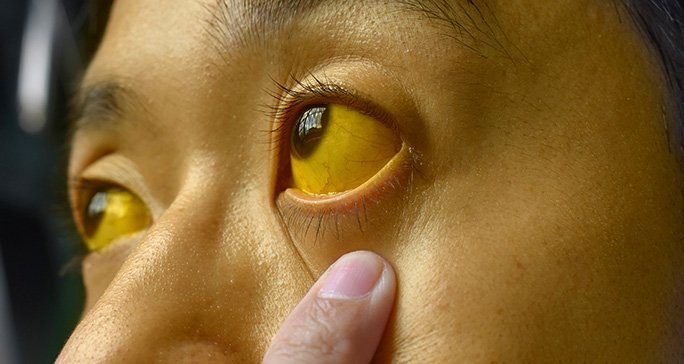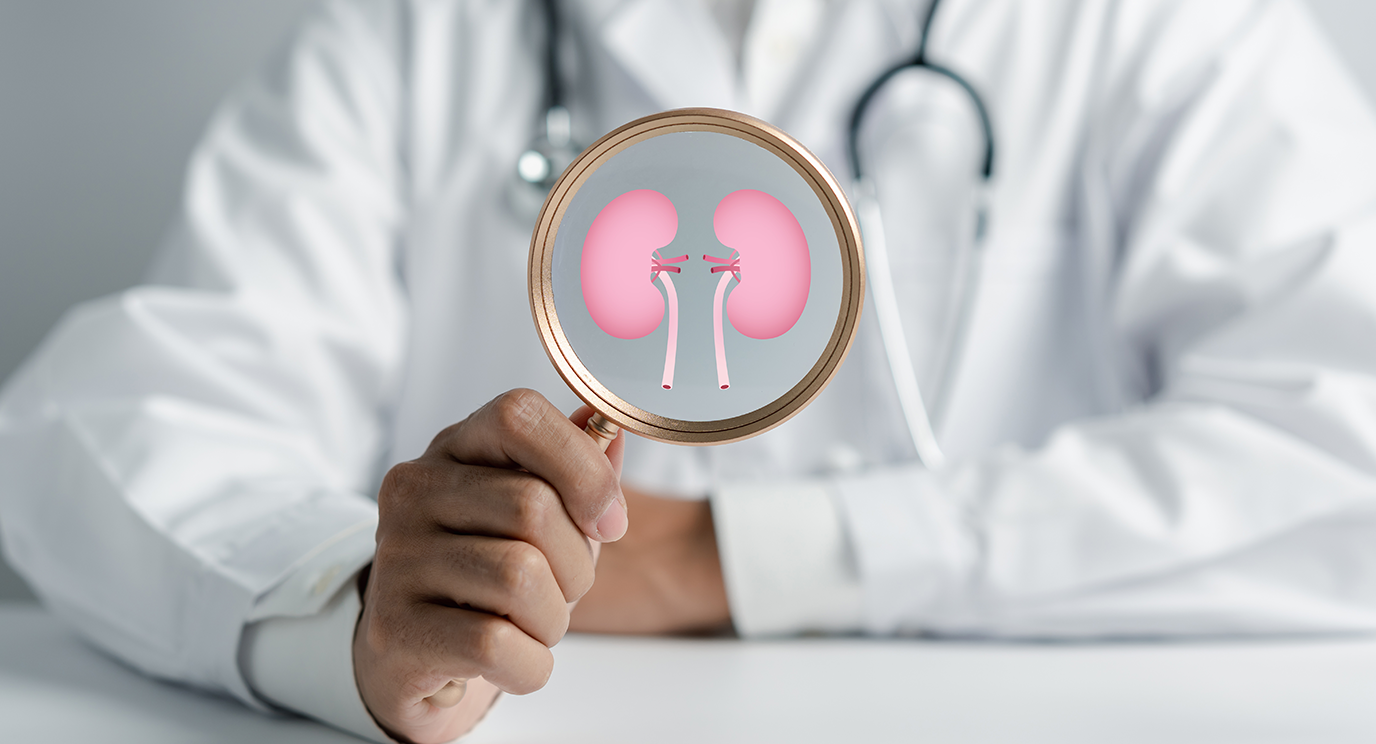- Diseases
- Acoustic Neuroma (14)
- Adrenal Gland Tumor (24)
- Anal Cancer (68)
- Anemia (2)
- Appendix Cancer (16)
- Bile Duct Cancer (26)
- Bladder Cancer (72)
- Brain Metastases (28)
- Brain Tumor (232)
- Breast Cancer (714)
- Breast Implant-Associated Anaplastic Large Cell Lymphoma (2)
- Cancer of Unknown Primary (4)
- Carcinoid Tumor (8)
- Cervical Cancer (158)
- Colon Cancer (166)
- Colorectal Cancer (116)
- Endocrine Tumor (4)
- Esophageal Cancer (44)
- Eye Cancer (36)
- Fallopian Tube Cancer (8)
- Germ Cell Tumor (4)
- Gestational Trophoblastic Disease (2)
- Head and Neck Cancer (12)
- Kidney Cancer (128)
- Leukemia (340)
- Liver Cancer (50)
- Lung Cancer (286)
- Lymphoma (278)
- Mesothelioma (14)
- Metastasis (30)
- Multiple Myeloma (100)
- Myelodysplastic Syndrome (60)
- Myeloproliferative Neoplasm (4)
- Neuroendocrine Tumors (16)
- Oral Cancer (100)
- Ovarian Cancer (172)
- Pancreatic Cancer (160)
- Parathyroid Disease (2)
- Penile Cancer (14)
- Pituitary Tumor (6)
- Prostate Cancer (146)
- Rectal Cancer (58)
- Renal Medullary Carcinoma (6)
- Salivary Gland Cancer (14)
- Sarcoma (238)
- Skin Cancer (294)
- Skull Base Tumors (56)
- Spinal Tumor (12)
- Stomach Cancer (64)
- Testicular Cancer (28)
- Throat Cancer (92)
- Thymoma (6)
- Thyroid Cancer (96)
- Tonsil Cancer (30)
- Uterine Cancer (80)
- Vaginal Cancer (16)
- Vulvar Cancer (20)
- Cancer Topic
- Adolescent and Young Adult Cancer Issues (20)
- Advance Care Planning (10)
- Biostatistics (2)
- Blood Donation (18)
- Bone Health (8)
- COVID-19 (362)
- Cancer Recurrence (120)
- Childhood Cancer Issues (120)
- Clinical Trials (630)
- Complementary Integrative Medicine (22)
- Cytogenetics (2)
- DNA Methylation (4)
- Diagnosis (232)
- Epigenetics (6)
- Fertility (62)
- Follow-up Guidelines (2)
- Health Disparities (14)
- Hereditary Cancer Syndromes (126)
- Immunology (18)
- Li-Fraumeni Syndrome (8)
- Mental Health (116)
- Molecular Diagnostics (8)
- Pain Management (62)
- Palliative Care (8)
- Pathology (10)
- Physical Therapy (18)
- Pregnancy (18)
- Prevention (912)
- Research (392)
- Second Opinion (74)
- Sexuality (16)
- Side Effects (604)
- Sleep Disorders (10)
- Stem Cell Transplantation Cellular Therapy (216)
- Support (402)
- Survivorship (320)
- Symptoms (182)
- Treatment (1786)
11 things to know about liver biopsies
5 minute read | Published September 24, 2024
Medically Reviewed | Last reviewed by Zeyad Metwalli, M.D., on September 24, 2024
If you’ve been told you need a liver biopsy, you might have some questions. What will the liver biopsy reveal? Will the procedure hurt? How long will it take to recover?
Read on to find the answers to these and eight other questions patients ask me about liver biopsies.
What is a liver biopsy?
A liver biopsy is a procedure in which a doctor extracts a small amount of tissue from that organ using a needle and sends it off for examination under a microscope.
Why might I need a liver biopsy?
When an ultrasound, CT scan or MRI shows something unexpected in your liver that cannot be explained based on imaging alone, a biopsy can help us obtain an accurate diagnosis — whether that turns out to be liver cancer, a benign condition or something else entirely.
If a radiologist sees something suspicious in your liver on imaging and your physician is unsure of the cause, they may order a liver biopsy to figure out what’s going on. In patients with known cancer, the biopsy of cancerous lesions in the liver may also help guide treatment by looking for certain mutations.
Are there different kinds of liver biopsies?
Yes. At MD Anderson, our interventional radiologists perform about 140 image-guided liver biopsies per month. We use ultrasound, CT or MRI imaging during biopsy procedures to help us determine the best place to insert the needle and collect samples.
Most liver biopsies are performed targeting a specific lesion or abnormality. The rest are non-targeted, or not taken from any particular lesion within the liver. A fair number of liver biopsies are performed for reasons other than a cancer diagnosis.
Aside from liver cancer, what else can a liver biopsy detect?
Here are some conditions that a liver biopsy may reveal:
- abscess: a pus-filled pocket often caused by infection
- autoimmune disorders: includes inflammatory conditions such as auto-immune hepatitis
- cholangitis: inflammation of the bile ducts, which can be due to infection or inflammatory conditions like primary sclerosing cholangitis (PSC)
- cirrhosis: scar tissue in the liver
- cyst: a fluid-filled sac
- fatty liver disease: a build-up of fat within liver tissue; often seen with excess body weight
- focal nodular hyperplasia (FNH): a benign, or non-cancerous, lesion
- hemangioma: an abnormal collection of blood vessels that can mimic cancer on imaging
- hepatic adenoma: another type of benign tumor; uncommon
- infection
- inflammation
Keep in mind this isn’t an all-inclusive list; sometimes there are other things that a liver biopsy may reveal.
We also perform liver biopsies on patients who are in active cancer treatment because some therapies — such as chemotherapy and immunotherapy — can affect the liver. We monitor those patients’ liver function with blood tests, so we can quickly address any problems.
How long does a liver biopsy take?
The procedure itself usually takes 20 to 30 minutes, but sometimes it can take an hour or more. Depending on the complexity of the procedure, it could take as long as 45 to 90 minutes.
What are the risks of a liver biopsy?
The main risk is bleeding. We do everything we can to mitigate that risk and ensure patients can safely tolerate the biopsy. We use small needles specifically designed for biopsies. We typically ask patients taking blood thinners to stop these medications before a procedure. We also obtain bloodwork before any liver biopsy to assess clotting function and confirm that minimum parameters are met to allow for a safe procedure.
In most situations, bleeding due to a liver biopsy is minimal and resolves on its own. Rarely, additional procedures may be needed to stop the bleeding.
Another risk is pain. We may need to pass the needle in between ribs to access the liver, and there are many nerves there. In addition, the liver surface can be sensitive and may be an additional source of pain. Soreness after a liver biopsy can last for a few days. Most people will not have too much pain, though, and it’s easily treatable with over-the-counter pain relievers, such as ibuprofen or acetaminophen.
Infection is an additional risk, though it’s very uncommon.
Will I have to be put to sleep for a liver biopsy?
Not usually. Most patients only need local anesthetic and intravenous sedation to stay comfortable and relaxed during the procedure. Some people might need slightly deeper sedation than others, but it’s uncommon to need general anesthesia for a liver biopsy. The sedation needed for a liver biopsy may be administered by the Interventional Radiology team or a dedicated anesthesia team.
How painful is a liver biopsy?
The combination of local anesthetic and sedation usually keeps the process of getting to the liver itself fairly painless. Some people report feeling a little pain as the needle goes into the liver. That’s why a little soreness is common afterward.
Severe pain is unusual, though, and it can be a sign of something more serious, such as internal bleeding. In the rare cases when someone has a lot of pain after a liver biopsy, we will do a thorough examination, which may include additional ultrasound or CT imaging, to make sure we are not missing anything.
Is a liver biopsy considered a serious procedure?
Any procedure involving a major internal organ is serious by definition. The risk of any procedure is never zero. But liver biopsies are considered minimally invasive procedures that are safe with a relatively low rate of adverse events.
How long do you have to stay in the hospital after a liver biopsy?
The vast majority of liver biopsies are performed in outpatient facilities, and patients go home the same day. We usually monitor you afterward for at least three hours. You will be asked to stay in bed and not move around too much. This is usually not a problem, as most people are still tired from the sedation.
How long does it take to fully recover from a liver biopsy?
Patients can usually return to their desk jobs or those that don’t require any physical labor the next day. We advise patients to avoid heavy lifting for at least a couple of weeks. After that, they can return to their normal activities.
Zeyad Metwalli, M.D., is an interventional radiologist who specializes in minimally invasive, image-guided liver and vascular interventions.
Request an appointment at MD Anderson online or call 1-833-542-1284.

A fair number of liver biopsies are performed for reasons other than cancer.
Zeyad Metwalli, M.D.
Physician





